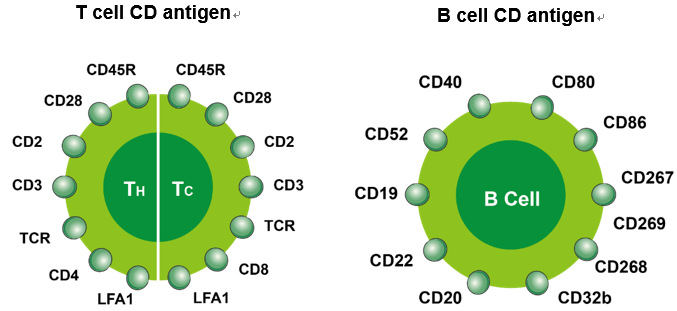“CD” in immunology stands for Cluster of Differentiation and includes cell surface markers that can be detected by lab technique called flow cytometry. Well, we will just focus on the ones you need to remember at undergraduate level. If you wish to go into further details, there are plenty of…
Tag: General concepts
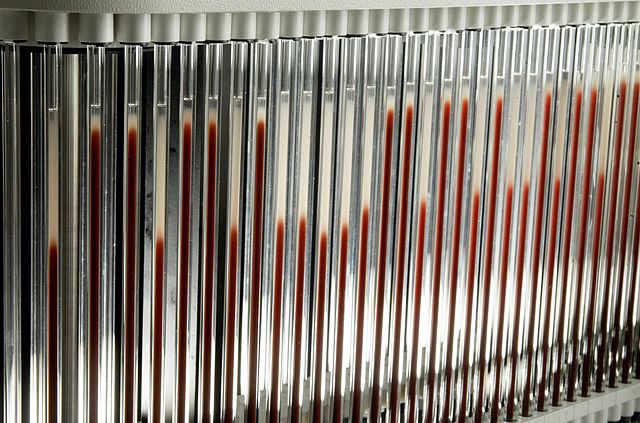
Maximum Normal ESR and CRP for age and gender
Age and gender plays should be taken into account when interpreting the values of ESR and CRP. The maximum ESR value is limited by the length of the Westergren tube (usually 120 mm), but the CRP has no upper limit. Miller formulae for calculating maximum normal ESR in Adults ESR…

Surgical Site Infection (SSI) : CDC Definitions Simplified
Superficial Incisional SSI Stab wound, pin site infection or stitch abscess alone is not considered an SSI. a. Time: Occurs within 30 days after any operative procedure (where day 1 = the procedure date) AND b. Site: Involves only skin and subcutaneous tissue of the incision AND c. Infection: At…
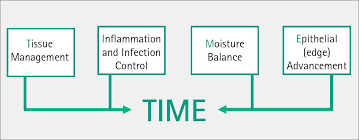
Chronic Wounds : Mnemonic Approach
Chronic wounds are wounds that have failed to proceed through an orderly and timely reparative process to produce anatomic and functional integrity over a period of 3 months. Factors that Adversely Affect Wound Healing Mnemonic: DIDN’T HEAL Diabetes (Diminished sensation, peripheral perfusion and impaired polymorphonuclear phagocytosis) Infection Drugs (Steroids and…

Definition of terms in Psychiatry
1. Speech: Ideas, thoughts, feelings expressed through language 2. Emotion: Complex phenomenon involving reactions in 3 different components: Feeling experienced by subject (joy, sadness, anger) Behavioral (expressive component) Autonomic and endocrine component 3. Affect: Objective outward expression of the immediate cross-section emotion at a given time 4. Mood: Sustained pervasive…
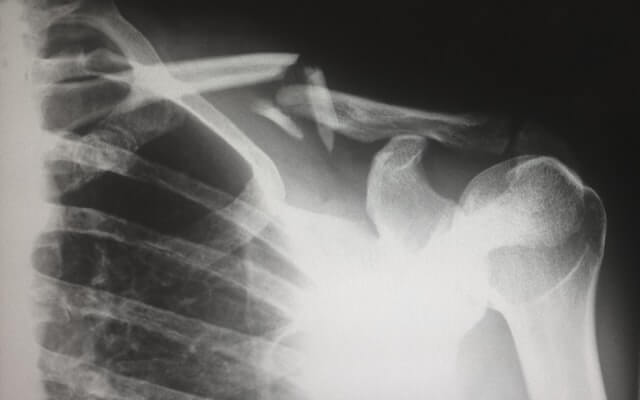
Complications of Fractures
This is a tabulated compilation for complications of fractures in general which can be immediate, early or delayed and local or generalized/systemic. This topic is commonly tested in exams. Local Systemic Immediate 1. Soft tissue injuries (Skin, Nerve, Vessels, Muscle-tendon) 2. Physeal injury 3. Hemarthrosis 4. Local visceral injury 1….
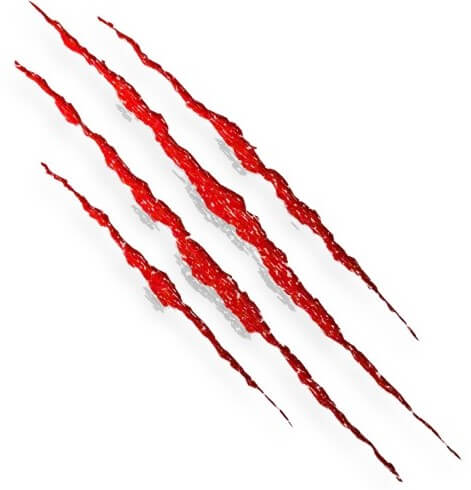
Wound – It’s types
A wound is typically described as a break in the surface tissue (such as skin or mucous membrane) or any tissue under the surface. It may involve the superficial planes alone or the deep planes and deep tissue of the body alone or both. Superficial Tissue include: Skin, Superficial Fascia,…
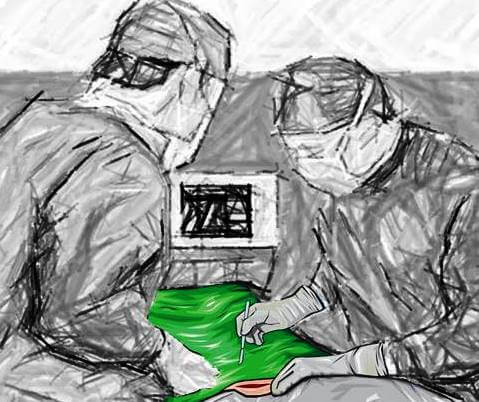
SOP – A Surgical Patient
Most patients have only one operation in their lives and to them, it is of great concern and a Solemn Occasion, though it is just another Appendix/Hernia/TKR to the Surgeon. Being a part of a surgical team is where one shares their knowledge, experience and responsibility with the others. This…
